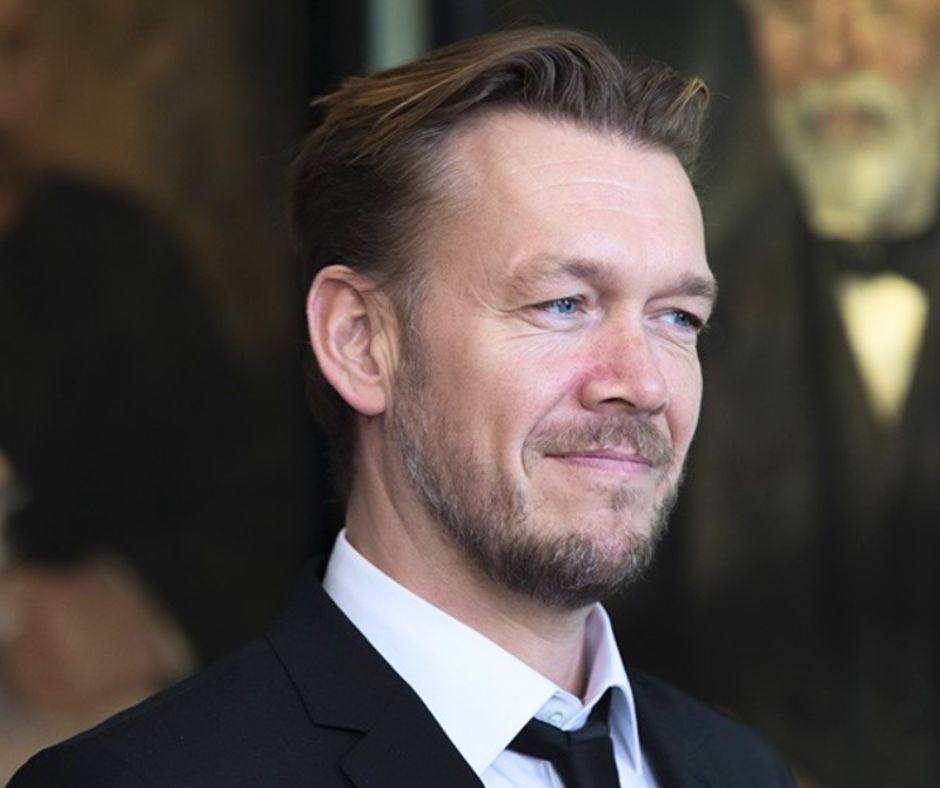The Centre of Sustainable Development, together with the Memling Research Centre of the UG, invite you to a lecture by Professor Rick Dolphijn of the Faculty of Humanities at Utrecht University entitled. ‘To Imagine the Earth (and Ourselves) Otherwise. Introducing New Materialism and Posthumanism in Times of Crisis’. The meeting will take place on Friday, 17 November 2023 at 11:30 am in the theatre room of the Faculty of Philology at UG. No early registration is required.
The event will take place as part of the CZRUG’s Culture for Sustainable Development programme, coordinated by Dr Irena Chawrilska.
Rick Dolphijn
Rick Dolphijn is Associate Professor at Utrecht University (Faculty of Humanities) and Honorary Professor at the University of Hong Kong (Faculty of Arts). He has published widely on ecology, philosophy and the arts. Currently he is a PI in two internationally funded research projects. His last monograph is The Philosophy of Matter (Bloomsbury 2021).
The scientist was speaking online a year ago at the University of Gdansk at the invitation of the Centre for Sustainable Development as part of the CZRUG Science and Education for Sustainable Development conference. This time, there will be an opportunity to meet the professor live.
Lecture description:
[F]or let us make no mistake: the climate crisis is also a crisis of culture, and thus of the imagination.
Amitav GhoshOver the past two centuries, in the social sciences and the humanities, but also in the novels we wrote and the movies we made, our interests have been focused on the lives and times of the human being and its relationships to other human beings. We considered ourselves subjects of a passive object, the earth. Today, to a great extent also thanks to our planetary systems have been disrupted by Modernity, we find out that the earth is subject, whereas we seem passive objects unable (or unwilling?) to respond to its wishes.
This reversal, demands us to revise the way we imagine ourselves, our companion species, our earth, and especially the relations between all-that-matters, completely. Pioneers like Donna Haraway, who urged us to cherish our companion species, and Gilles Deleuze, who long ago emphasized the intricate “nuptials” or connections between vastly different life forms, such as the wasp and the orchid, have revealed the profound complexity of the interdependent relationships in nature, far removed from the hierarchies and antropocentisms that still dominates Academia, in infinite ways. The new materialism, posthumanism, or process ontology these authors propose, not just challenges our prior conceptions, but also prompts us to question why we were oblivious to the forces ordering the world around us for so long? How come we still fail to see the disturbing ways in which our Modern, capitalist way of life has alienated us from our environment, and is jeopardizing our future?
What I refer to as “Cosmophilosophy”, beckons us to reevaluate this life, this order, this earth, by exploring our traditions and our futures otherwise. How can we practice a beyond-humanism and a materialism that always already accepts our mutual codependence with the more-than-human world in which we live? How can we rethink art and technology as our main strategies to explore this earth otherwise and to live life differently? And lastly; how can we start changing ourselves?


